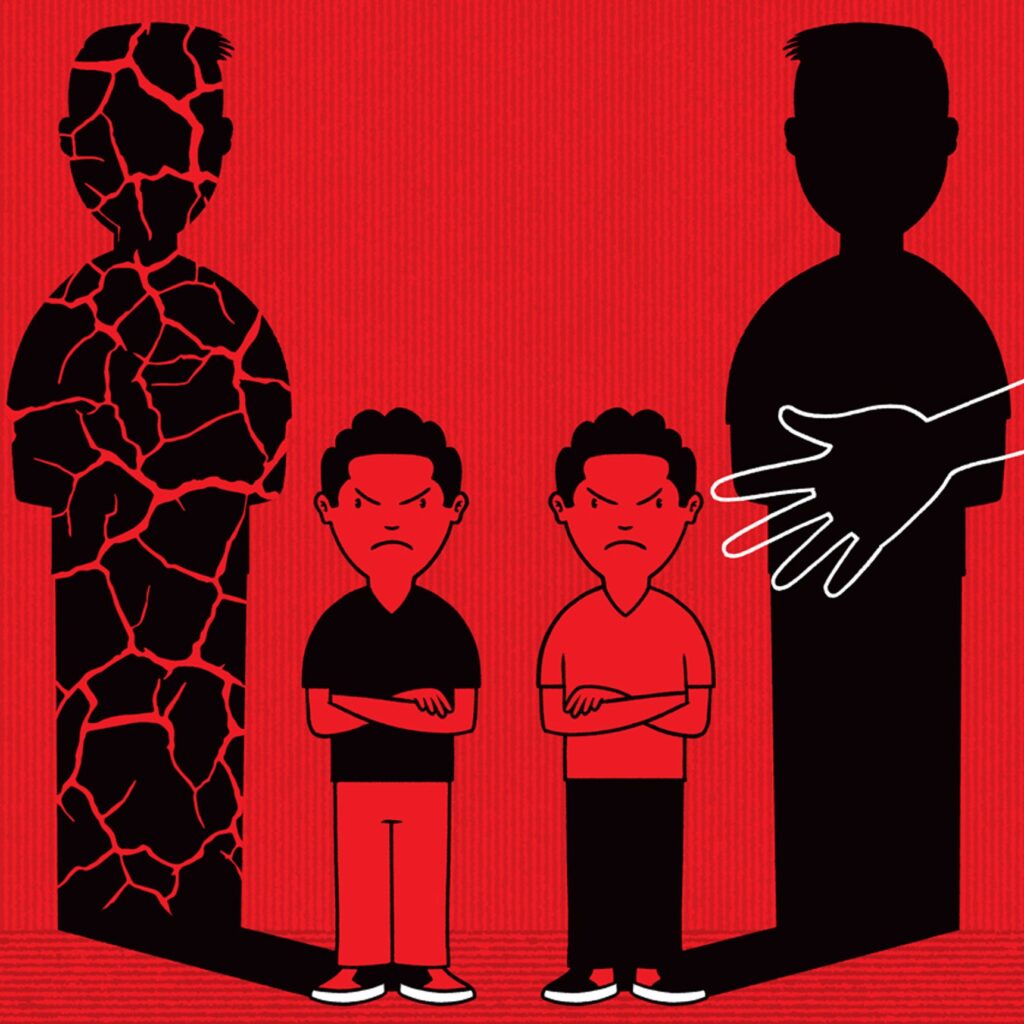Early Lessons in Self-Control Bring Lifelong Benefits
By Susan Pinker
www.wsj.com/articles/early-lessons-in-self-control-bring-lifelong-benefits-11660247175
In the early 1980s, a group of psychologists, led by Richard Tremblay of the University of Montreal, set out to study early behavior problems in 250 boys living in poor Montreal neighborhoods. The boys had been nominated by their teachers as highly aggressive, oppositional or hyperactive. All were native French speakers whose parents had no more than a high school education.
Researchers divided the boys, ages 7 to 9, into two groups at random by drawing their names from a box. Those in the treatment group received two years of coaching in social skills and self-control—with classes that involved verbal instruction, modeling and rehearsing desired behavior—and positive verbal and material feedback from adults. The instructors met separately with the child’s teacher and parents to bolster these lessons. The idea was to help the boys develop non-aggressive strategies for dealing with common social situations, like what to do if a classmate bumps your desk.
The boys in the control group, meanwhile, received the treatment typically offered to disruptive students at the time—being exiled to the corridor or the principal’s office.
The study aimed to see how such training might affect these high-risk boys over time, so the researchers followed up with them from ages 10 to 24. They found a large improvement in the self-control, attention and social skills of the boys in the treatment group. By late adolescence, these boys also performed better academically. And in early adulthood, they were more likely to be members of a social group.
Now, more than 30 years later, Dr. Tremblay and a new set of colleagues, including the French economist Yann Algan and doctoral candidate Elizabeth Beasley, have returned to the experiment to examine the progress of the boys as they have become men. Their new study, recently published in the American Economic Review, used school and government records to see whether the original participants graduated from high school, had police records and were employed. They also looked at how much tax they paid, their marital status and whether they received social assistance.
It turns out that early intervention made a significant difference for the participants—and society—in the long run. Of the highly aggressive boys who didn’t receive special coaching, 69% dropped out of high school, and 32% had a criminal record. Among the boys in the treatment group, 55% dropped out, and 21% had a criminal record. As adults, men who had been in the treatment group were more likely to be married, earned some 20% more a year and were 40% less likely to rely on welfare or unemployment insurance.
The idea for the original study came from Dr. Tremblay, who started his career in Montreal at what was then the Pinel Institute for the Criminally Insane (now the Philipe Pinel National Institute of Legal Psychiatry). Then as now, most of the men at the Institute had committed violent crimes. “I worked for three years with these mentally ill offenders, and almost all of them had killed someone,” Dr. Tremblay told me. “I decided then to focus on juveniles and possible juvenile delinquents.”
This remarkable experiment shows that early treatment can have an outsize impact on the lives of vulnerable boys. The researchers conclude, “We estimate that $1 invested in this program around age 8 yields about $11 in benefits by age 39.”
It would seem that there is little to be gained and much to lose if we take the watch-and-wait approach with disruptive little boys. The stakes are just too high.


